A Severely Simplified and Distorted Tale of How Mathematician Alan Turing Saved Britain and Was Prosecuted for Loving Men
In 1951, British police investigate a burglary at the home of prominent mathematician Alan Turing (Benedict Cumberbatch). When the perpetrator is found, detectives learn that Turing is gay and that his lover orchestrated the crime. Under the laws of the time, the scientist is prosecuted for violating public morality. While Turing awaits his trial, he recalls how during the war, he and his fellow mathematicians and linguists cracked the German Enigma code machine, built an electromechanical computer to decipher Nazi military dispatches, and secured victory for the Allied nations.
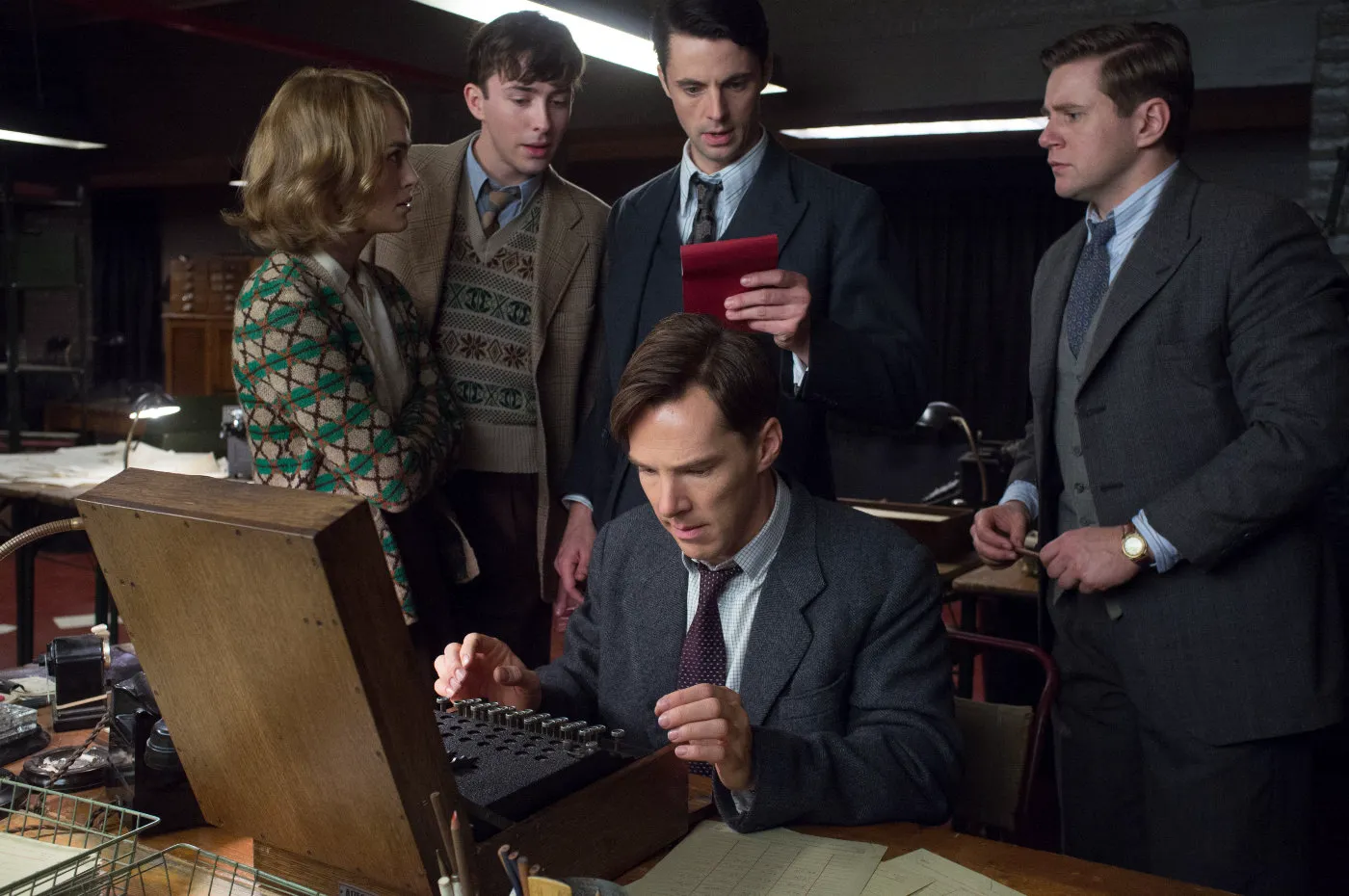
Indeed, John Cairncross, a member of the British codebreaking team, was a Soviet agent. However, contrary to the film’s claims, he did not work under Turing, and the British were unaware that he was passing decrypted German dispatches to Moscow.
Russia prides itself on the fact that Soviet troops defended Moscow, did not surrender Stalingrad, and captured Berlin. The United States is proud of landing in Normandy and building more aircraft carriers than the Japanese. Britain, on the other hand, swells with pride because it failed to create a reliable spy network in Germany but cracked Enigma and peeked at the Germans’ cards without risking the lives of its agents. Well, everyone has their own story of World War II, and the British one is, at least, much more glorious than the French. Because the poor Gauls can only be proud of how bravely they spat into the Nazis’ schnapps when they celebrated the blitzkrieg.

The twists and turns of the cryptographic war between Germany and Britain are an extremely interesting subject for a tense military-intellectual thriller. Unfortunately, “The Imitation Game,” the English-language debut of Norwegian director Morten Tyldum, barely touches even that part of the story that is directly related to the film’s protagonist, the real mathematician, cryptographer, and pioneer of cybernetics, Alan Turing.
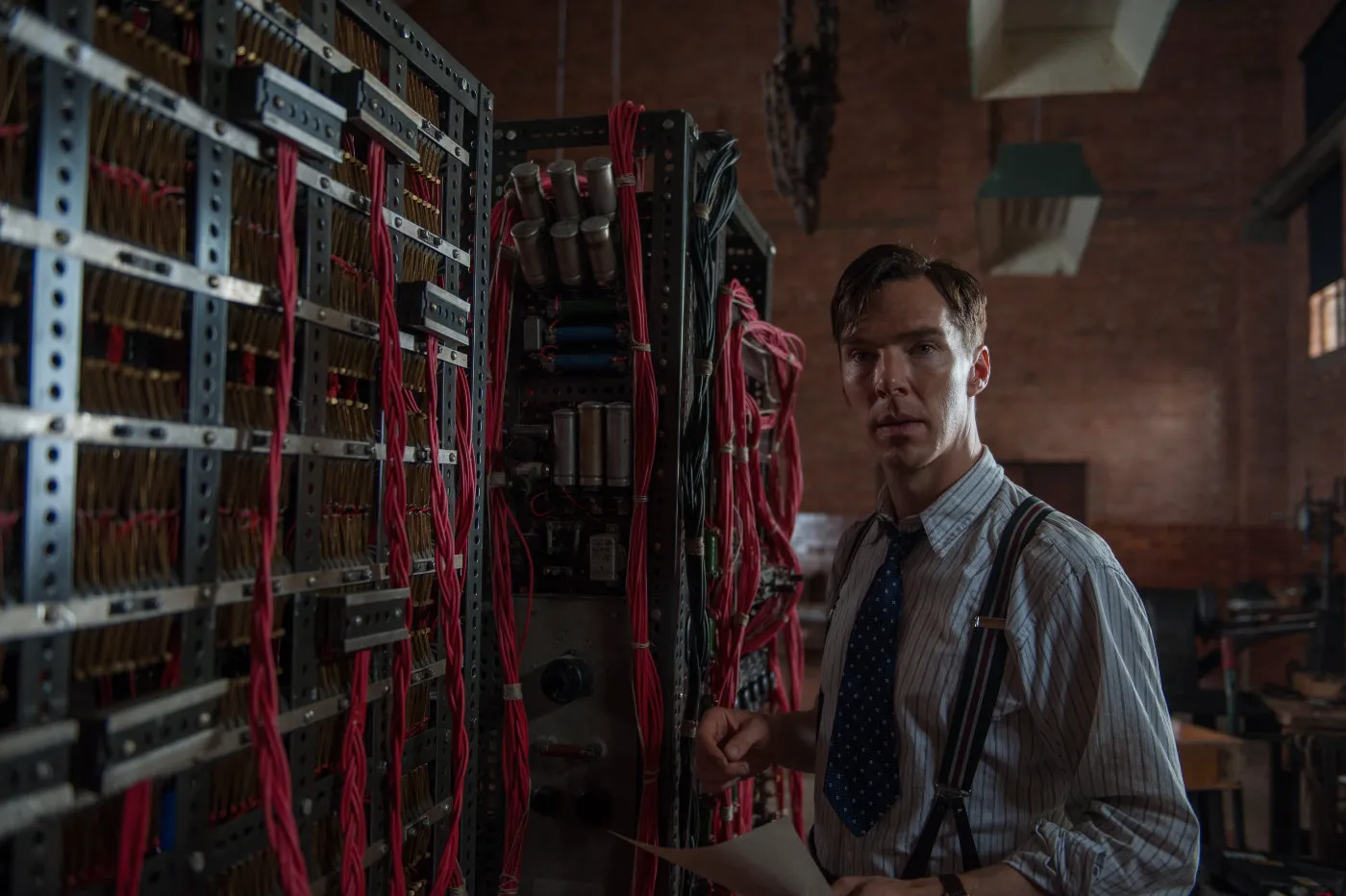
If the film is to be believed, Turing cracked Enigma almost single-handedly, with a little help from his colleagues, and the fate of the war was decided after that. In reality, Enigma was cracked many times, as the Germans regularly improved it, and each of these cracks came at a great cost (since to start working, it was necessary to obtain an undamaged machine). And although Turing made a significant contribution to the success of the enterprise, he, to paraphrase Newton’s famous saying, was a giant standing on the shoulders of giants.
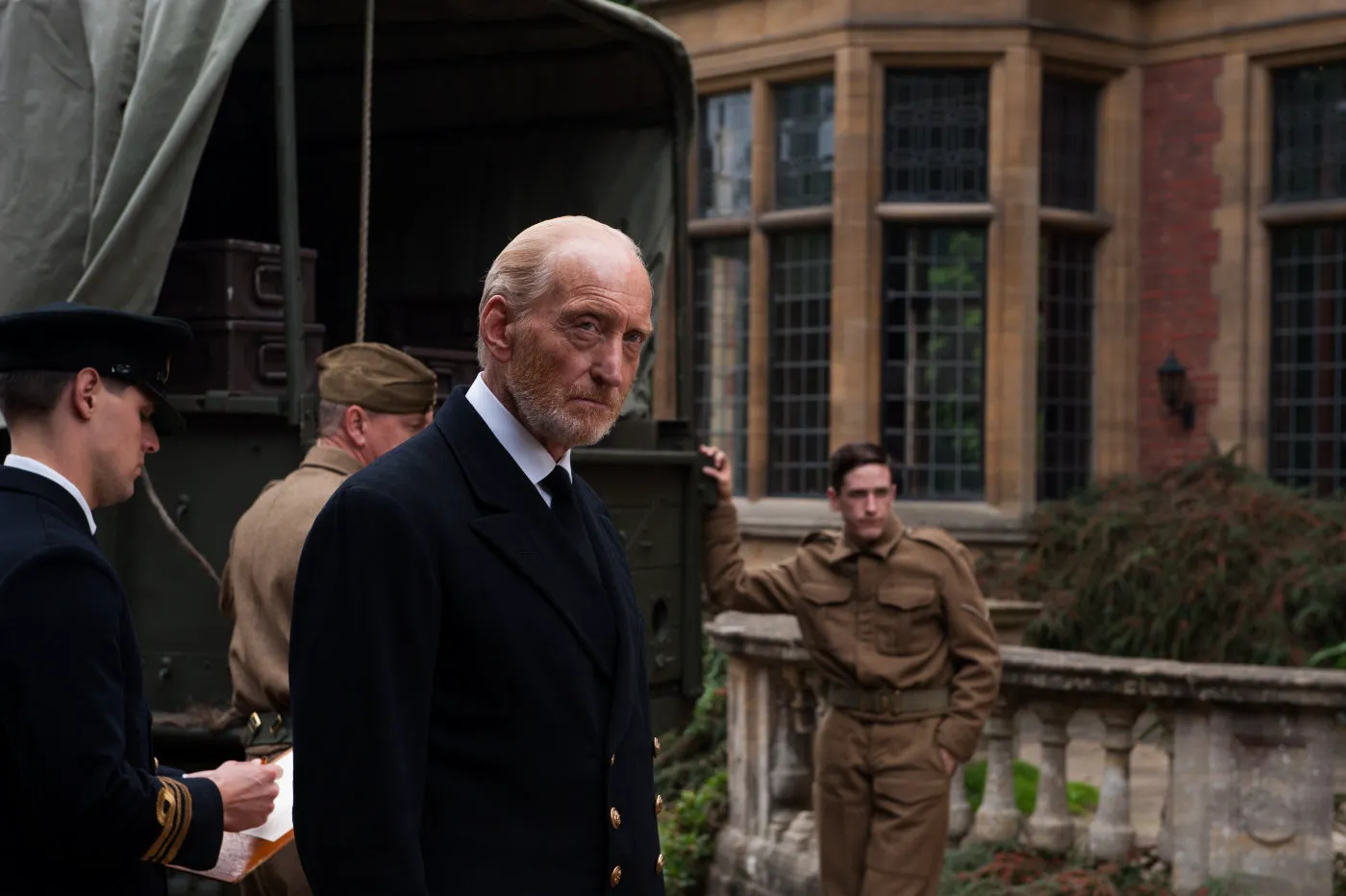
Enigma became famous as a German cipher machine, but it was also supplied to Germany’s allies and third countries. In particular, its simplified modifications were used by the Italians, Spaniards, Japanese, Swiss, and even Bulgarians.
Thus, by the time Turing joined the project, British intelligence already had the results of the colossal work done by Polish cryptographers before the occupation of their country. It was the Poles who developed many of the approaches to cracking Enigma, which were mastered and improved by Turing and his colleagues when the Germans began to produce more complex models of the cipher device. And it was the Poles, not Turing, who suggested using a machine to crack a machine, although their developments were nothing compared to the proto-computers that the British were building. In the film, however, the Polish cryptographers are not even mentioned – nor are almost all, with a few exceptions, the British, without whom Turing would hardly have coped.
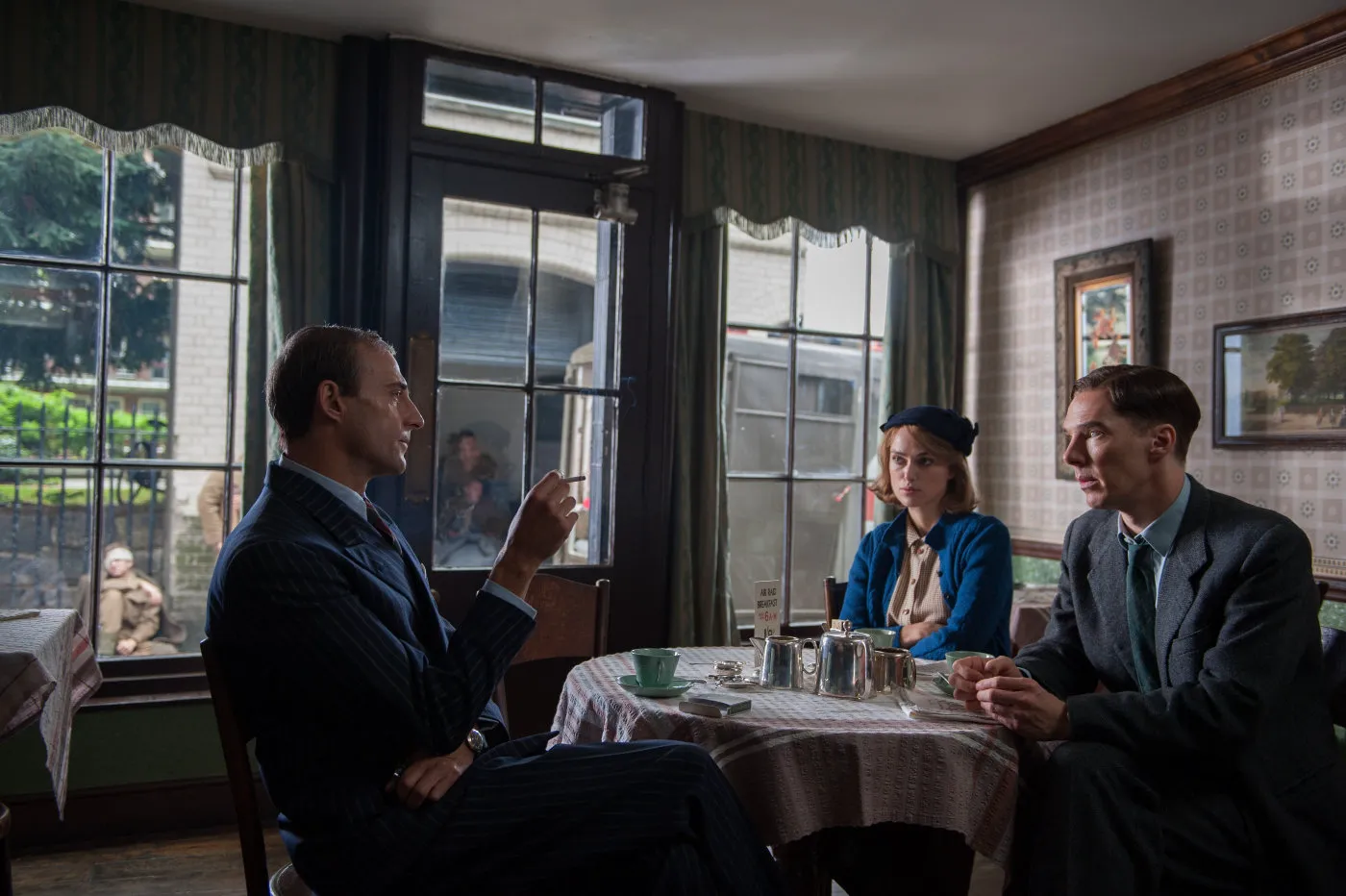
The film goes so far as to claim that Turing secured the invitation of the talented female mathematician Joan Clarke to the project (this was done by her former academic advisor, Gordon Welchman, who worked with Turing) and that he alone wrote a letter to Churchill demanding increased funding for the project (in reality, the letter bore the signatures of four leading scientists). And when, towards the end of the film, the scientist’s voice-over hints that the Russians would have surrendered Stalingrad if it weren’t for his decryptions, one can’t help but ask sarcastically: “Did you ruin the chapel too? Or did the Turks help a little?”
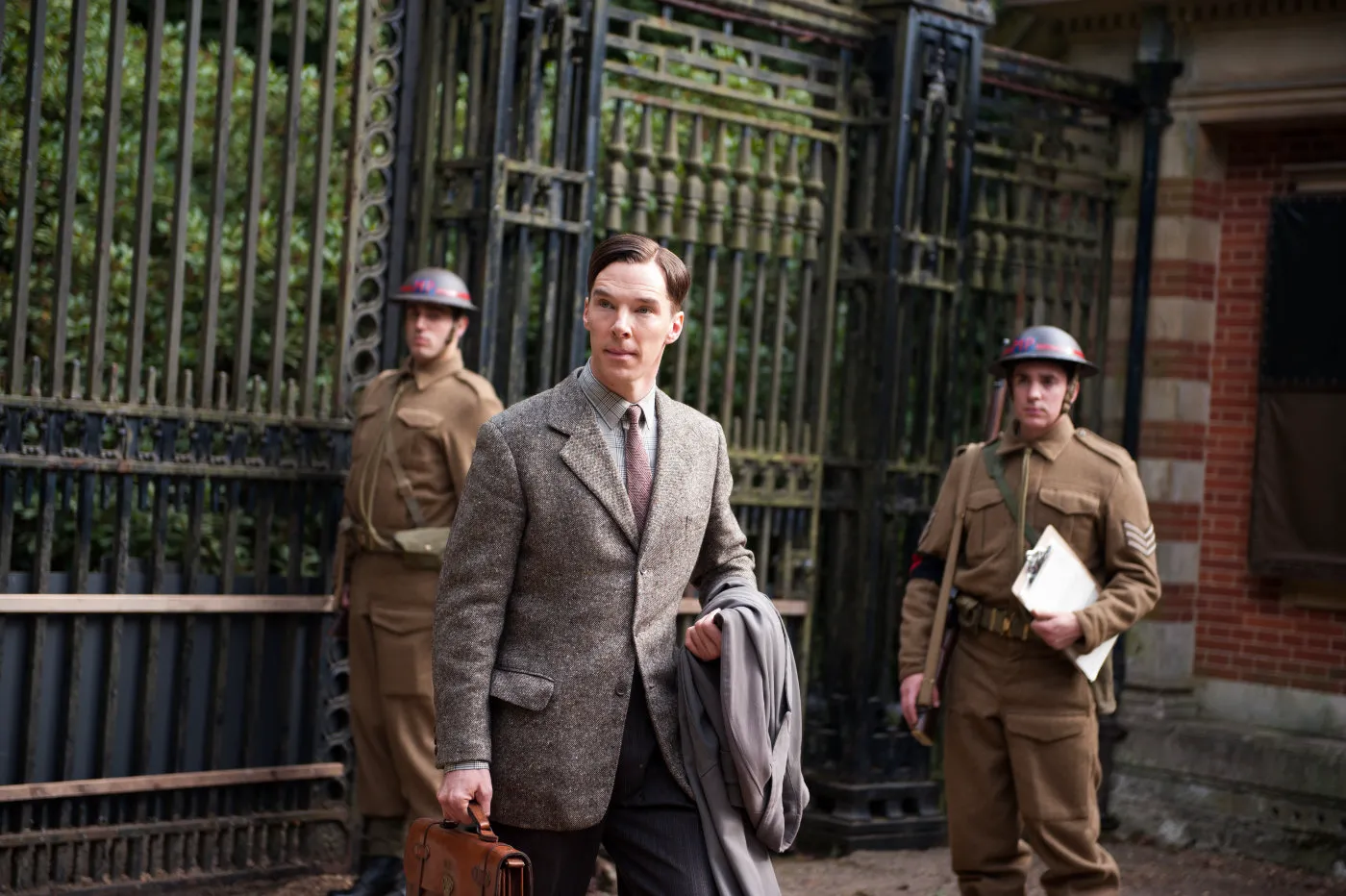
Oversimplification and Misrepresentation
So, Tyldum’s film greatly simplifies real events and makes Turing the sole and unique super-savior of the world, rather than an important cog in a large machine. It also tells almost nothing about how, in fact, Enigma was cracked. Obviously, the filmmakers believe that viewers will not understand anything in cryptography, even if the characters try to explain the basic principles of their work to them in an accessible way.
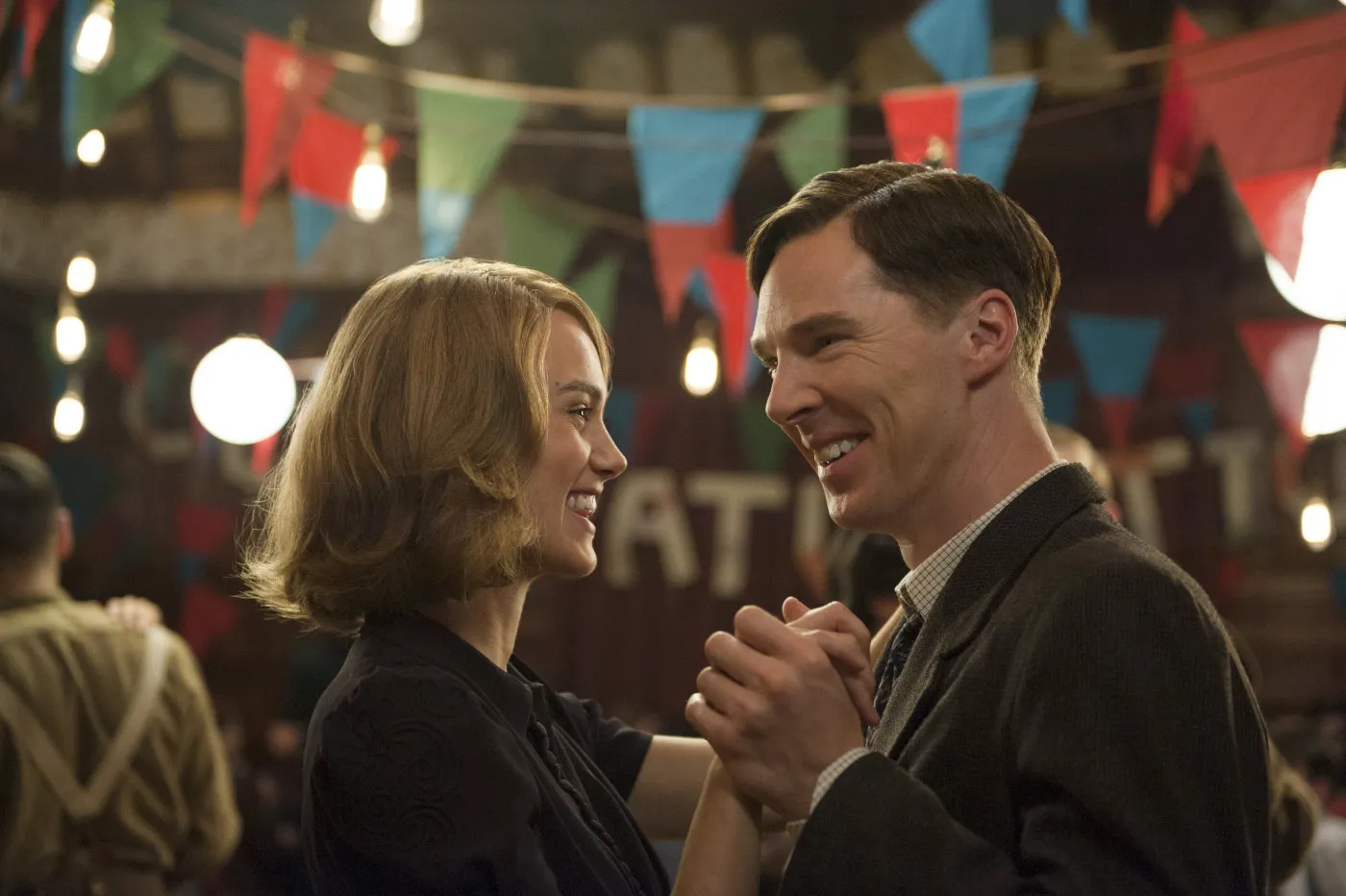
However, for a biopic, all this is not so scary. The main thing is that the image of a great man is revealed, that viewers feel themselves in his presence and are imbued with his problems and experiences. But here’s the problem – Cumberbatch plays a mirror image of a real person! His character is a variation on the theme of Sherlock Holmes from “Sherlock” and Sheldon from “The Big Bang Theory.” Arrogant, self-confident, completely devoid of tact, a neat freak without a sense of humor or understanding of human relationships, the Turing on screen clearly suffers from high-functioning autism, and only particularly patient people like Miss Clarke, played by Keira Knightley, can be friends with him. The real Turing was a classic “absent-minded professor” – charming, laughing, and an eccentric slob (it’s no joke, he didn’t always wear a tie!). And people were friends with him not only because they respected his mind.
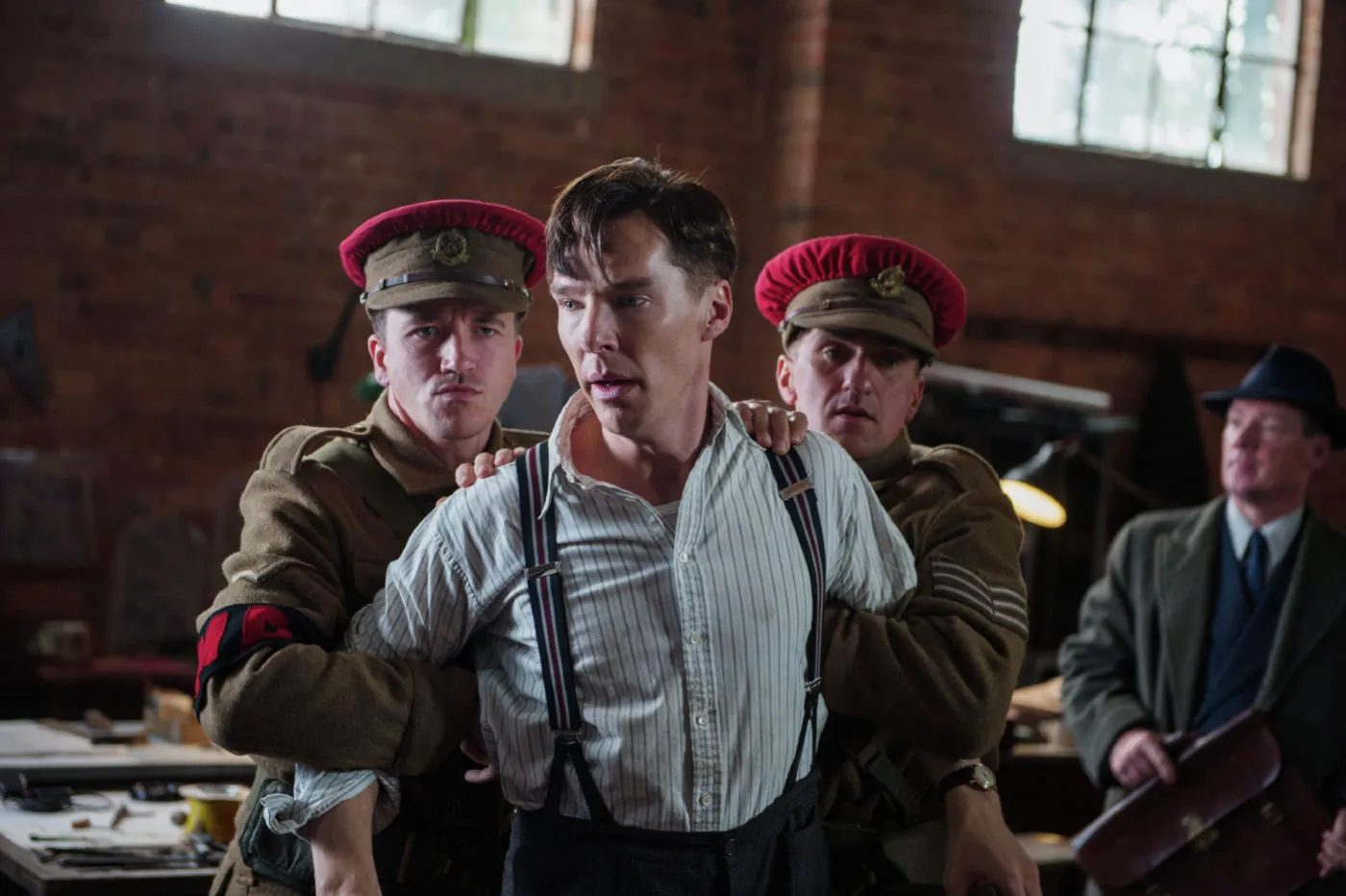
Distorting Turing’s Personal Life
What is even more important for understanding Tyldum’s mistake, the real Turing, taking advantage of the liberalism of English scientists, did not hide his love for men from colleagues and friends and even openly courted some of them. When, after the war, the police caught him violating morality, he did not deny it or repent, even feignedly, but insisted on his right to sleep with whomever he liked. That is why the punishment was relatively severe – chemical castration for a year and deprivation of secret clearance (gays were considered unreliable citizens). In the film, however, Turing carefully hides his secret and succumbs to blackmail when he exposes a Soviet spy, who in turn threatens to reveal Alan to his superiors. This is a direct insult to the scientist – the real Turing would not betray his country to keep his open secret a secret. We know this for sure because he did not succumb to threats when his former lover, because of whom Turing was brought to trial, tried to blackmail him. And we know that he, as an honest man, first told Joan about his homosexuality, and then proposed to her. Not the other way around, as in the film.

As you can see, these are not minor details, but extremely important details that show that Cumberbatch played not the real Turing, but some fictional scientist. And his Turing is noticeably weaker in spirit and much less charming than the mathematician was in reality. With the same success, the actor could have played Dostoevsky and declared that this was his vision of Tolstoy. And, by the way, for understanding Turing’s relationship with Clarke, it is important that the real woman looked like the homely Amy from “The Big Bang Theory,” and not like the beauty Keira Knightley.
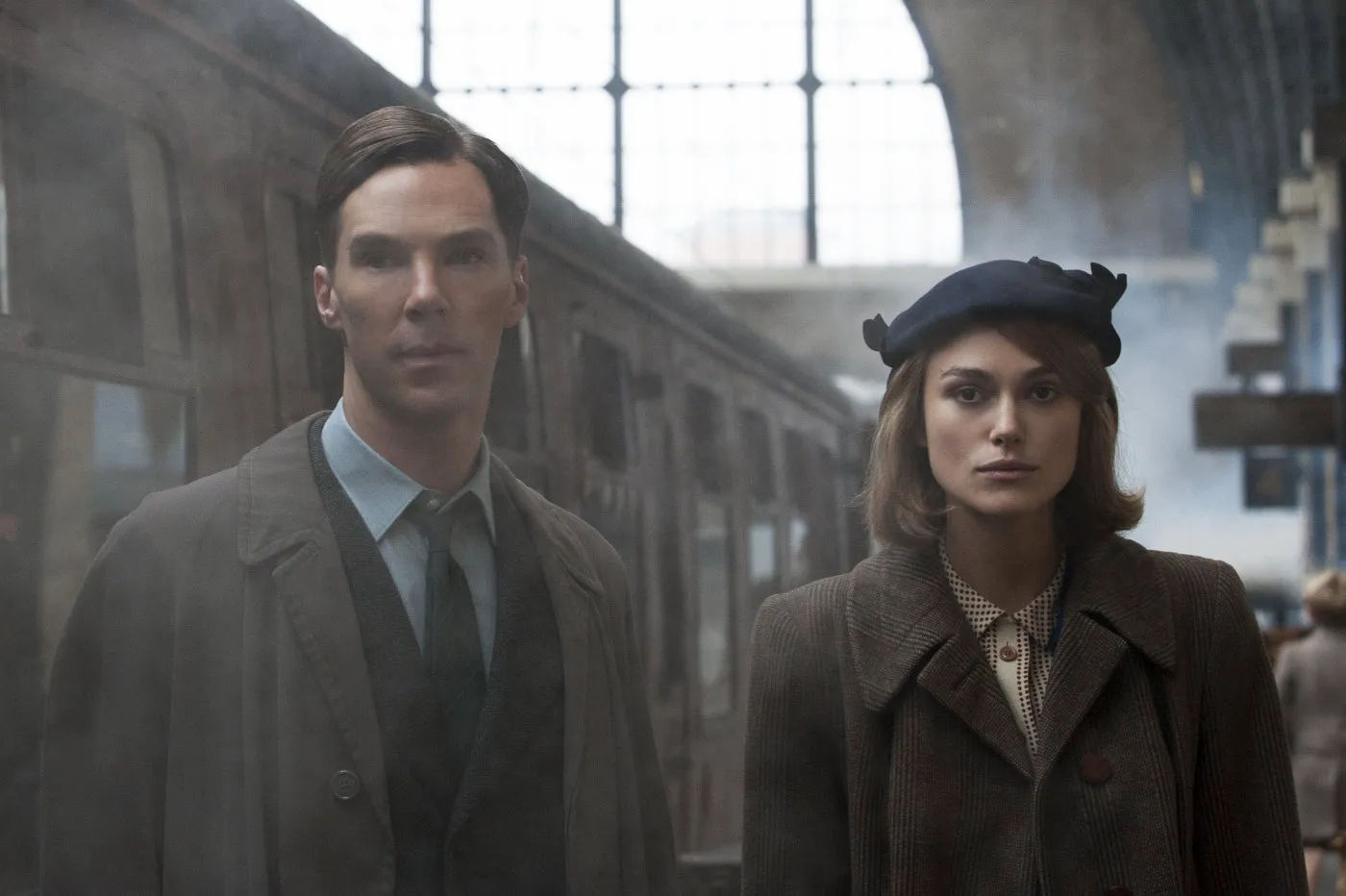
A Mere Imitation
So it turns out that “The Imitation Game” fully justifies its name. This is not a biopic about Turing and not a thriller about military cryptography, but a game of imitating such a film. Yes, “The Game” is a stylish historical film, it has a couple of strong scenes, and the charisma of its actors cannot be denied. And the film, at least, draws attention to Turing, whose achievements many do not even suspect. But the great scientist deserved a more realistic portrait.
To condemn Britain of the past now for the fact that homosexuality was punishable in it is a boring game of kicking a dead horse. And if you really wanted to do this, then it would be worth showing Cumberbatch in the arms of a man, or even in bed. Tyldum’s film is so chaste, as if it was filmed for Russian officials – and for those fans of the actor who cannot imagine him kissing someone else.